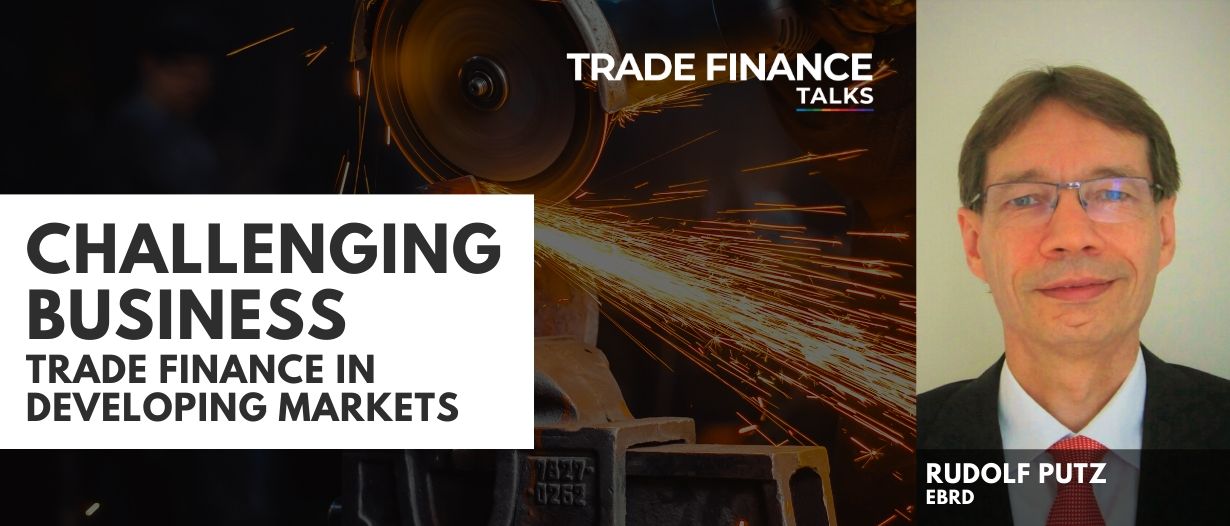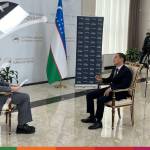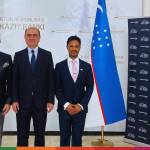TFG heard from the EBRD around their ambitious Green Economy Transition (GET) approach, including the Green TFP which has supported more than 600 foreign trade transactions with a total value of more than €400 million since 2016.
The European Bank for Reconstruction and Development (EBRD) was established to help build a new, post-Cold War era in Central and Eastern Europe. It has since played a historic role and gained unique expertise in fostering change in the region – and beyond -, investing more than €130 billion in a total of over 5,200 projects.
Such experience has stood the EBRD in good stead when it has expanded its original region of operations into new countries such as Mongolia (2006), Turkey (2009), Jordan, Tunisia, Morocco, Egypt and Kosovo (in 2012), Cyprus (2014), Greece (2015) and Lebanon (2017). It is currently active in nearly 40 countries from central Europe to central Asia and the southern and eastern Mediterranean, plus the West Bank and Gaza.
At its foundation, the EBRD integrated the environmental dimension into its core constitutive document. The Agreement Establishing the EBRD stipulated that “the Bank is committed to promoting environmentally sound and sustainable development in the full range of its investment and technical cooperation activities.”
The 2016 review of the transition concept finally explicitly recognises the “green” dimension of environmental sustainability as an integral quality of transition within a sustainable market economy, making plain that economic decisions should reflect the full value of resources to present and future generations.
This recognition is in line with the aspirations of the international community, expressed last year in the seminal United Nations Sustainable Development Goals and the Paris Accord on climate change.
It is also very timely as 170 countries agreed to phase out hydrofluorocarbons (HFC gases are thousands of times more destructive to the climate than carbon dioxide).
The ”green” quality of transition provides an enhanced context within which the EBRD can pursue the ambitious objectives set out in its Green Economy Transition (GET) approach, including that GET financing account for 40 per cent of total EBRD financing by 2020.
This will be achieved by scaling up existing activities (from industrial and municipal infrastructure energy efficiency to renewable energy and Green Economy Financing Facilities, or GEFFs) and through innovation in environmental financing and policy products.
The EBRD has a strong base from which to pursue these objectives, with cumulative environmental financing since the launch of the Sustainable Energy Initiative in 2006 reaching close to €21 billion in over 1,170 projects.
The formal recognition of a “green” transition quality provides a still stronger basis for achieving our Green Economy Transition objectives, with benefits to the countries where we work and beyond.
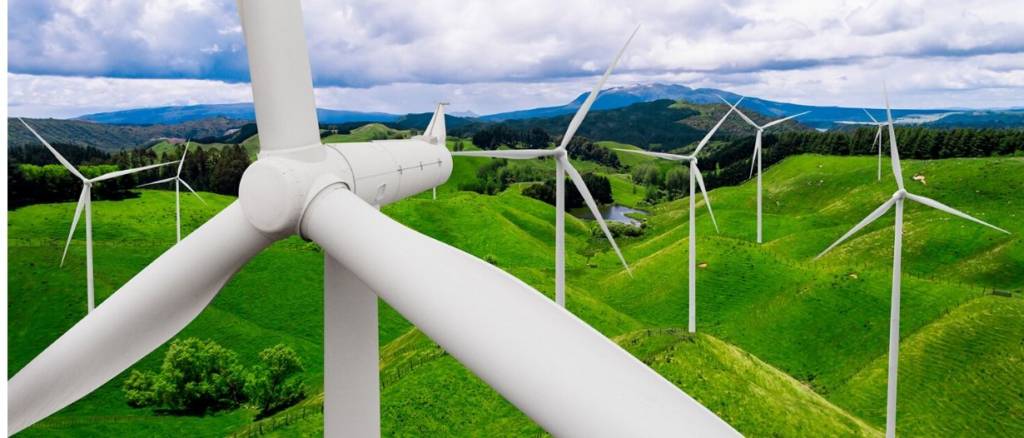
EBRD’s Green Trade Facilitation Programme (Green TFP)
The EBRD’s Trade Facilitation Programme (TFP) was developed to promote and facilitate international trade to, from and within central and Eastern Europe, the Commonwealth of Independent States (CIS) and the southern and eastern Mediterranean region. Under the TFP, guarantees are provided to international commercial banks (confirming banks) thereby covering the political and commercial payment risk of transactions undertaken by issuing banks in the EBRD’s countries of operations. At present there are over 100 issuing banks in 26 countries participating in the TFP, working with over 800 confirming banks and their subsidiaries throughout the world. Issuing banks in the region participate in the TFP with total limits in excess of €1.5 billion.
The Green Trade Facilitation Programme (Green TFP) stimulates the supply of high performance technologies and services. By combining short-term trade finance instruments supported by the TFP with medium- to long-term investment finance through GEFFs, the partner banks can finance exports, imports and local distribution of imported energy efficiency, renewable energy and climate technologies and services. Under the Green TFP, guarantees are provided to international commercial banks covering risks of transactions undertaken by participating banks in EBRD’s countries of operations. The Green TFP provides a range of facilities to participant banks:
• Cover for a broad range of trade finance instruments
• Irrevocable guarantees for up to 100 per cent of the face value, payable on first written demand
• Uncommitted trade finance lines and transaction approval on a case-by-case basis
• Fast and simple approval procedure to issue guarantees
• Short-term loans to selected local banks for on-lending to local exporters and importers.
EBRD’s Trade Facilitation Programme
Case study: Greek bank supports renewable energy generation with German technology
A Greek bank provided its financial support for importing solar modules from a German manufacturer to Greece. The high wattage makes the modules the ideal solution for industrial scale equipment from the open-field facilities, through the tracking system, to the roof-mounted installation. The usage of such highly efficient solar modules could not only lower electricity bills, but also reduce greenhouse gas emissions.
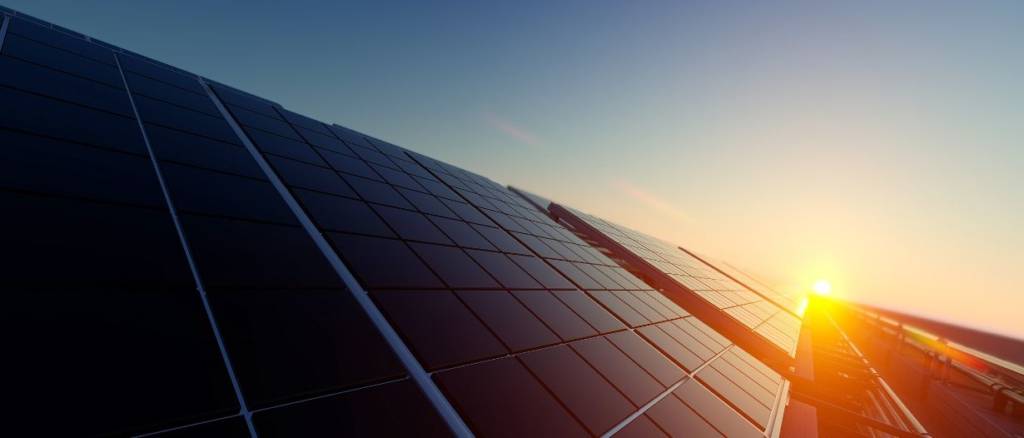
At the request of the importer, the Greek bank requested a German bank to issue a guarantee in favour of the German manufacturer against its counter-guarantee. The bank from Germany needed additional security from the Greek bank. The Greek bank requested the EBRD to issue a guarantee in favour of the German bank within the TFP. Such guarantee enabled the German bank to accept the payment risk. As a result, the exporter minimised risks of non-payment for the solar modules, and the importer did not need to make an advance payment to receive the ordered goods.
Case study: Serbian engineering company imports LED lighting solutions
A Serbian company dealing with design and execution of electrical works in the construction industry decided to import LED lighting, due to the efficiency of LEDs (they use about 85% less electricity than incandescent bulbs and 50% less than fluorescents, hence, save energy and costs).
In order to pay for the delivery of the LED lighting, the buyer needed a short-term loan from its local bank. The bank of the buyer applied to the EBRD with a request to receive a short-term cash advance within the framework of its TFP. After receiving the funds from the EBRD, the Serbian bank granted a loan to the buyer by paying for the delivered goods to the foreign supplier.
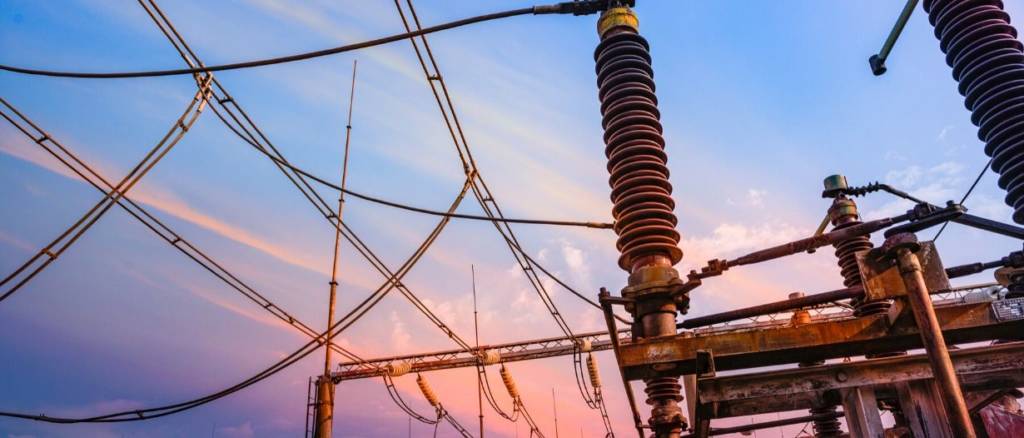
Such investment projects could be also combined with medium- to long-term loan financing from the EBRD’s GEFFs. GEFFs support energy efficiency and renewable energy projects with free advisory services and investment incentives. The receivers of GEFF loans benefit from the improved financial indicators of their investment projects.
Such investment projects could be also combined with medium- to long-term loan financing from the EBRD’s Green Economy Financing Facilities (GEFFs). GEFFs support energy efficiency and renewable energy projects with free advisory services and investment incentives. The receivers of GEFF loans benefit from the improved financial indicators of their investment projects.
Green TFP – Achievements so far
Since its start in 2016 the Green TFP has supported more than 900 foreign trade transactions with a total value of more than €675 million, resulting in energy savings of 1,513,200 MWh, water savings of 1,681,399 m3 and emission savings of 605,376 tonnes CO2.
Now launched! Spring Edition 2020
Trade Finance Global’s latest edition of Trade Finance Talks is now out, taking a deep dive into trade finance in emerging and developing markets.















